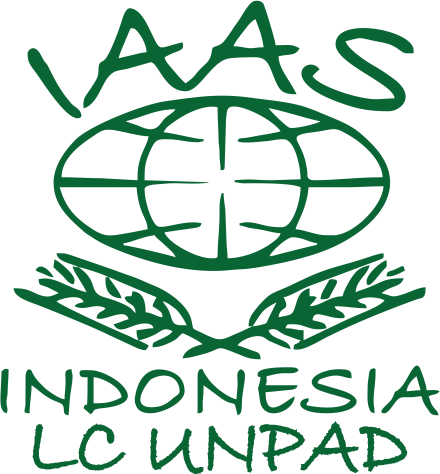Saturday, May 10th, 2025, Kutamandiri Village, Tanjungsari – The Village Concept Project (VCP) 2025, with the theme “Sowing Seeds of Innovation and Creativity for a Future Through Sustainable Agriculture,” was officially launched by IAAS Local Committee Universitas Padjadjaran. The program involved the “Harum Manis” Women’s Farmers Group (KWT) and a team of students from IAAS LC Unpad, over the course of three meetings.
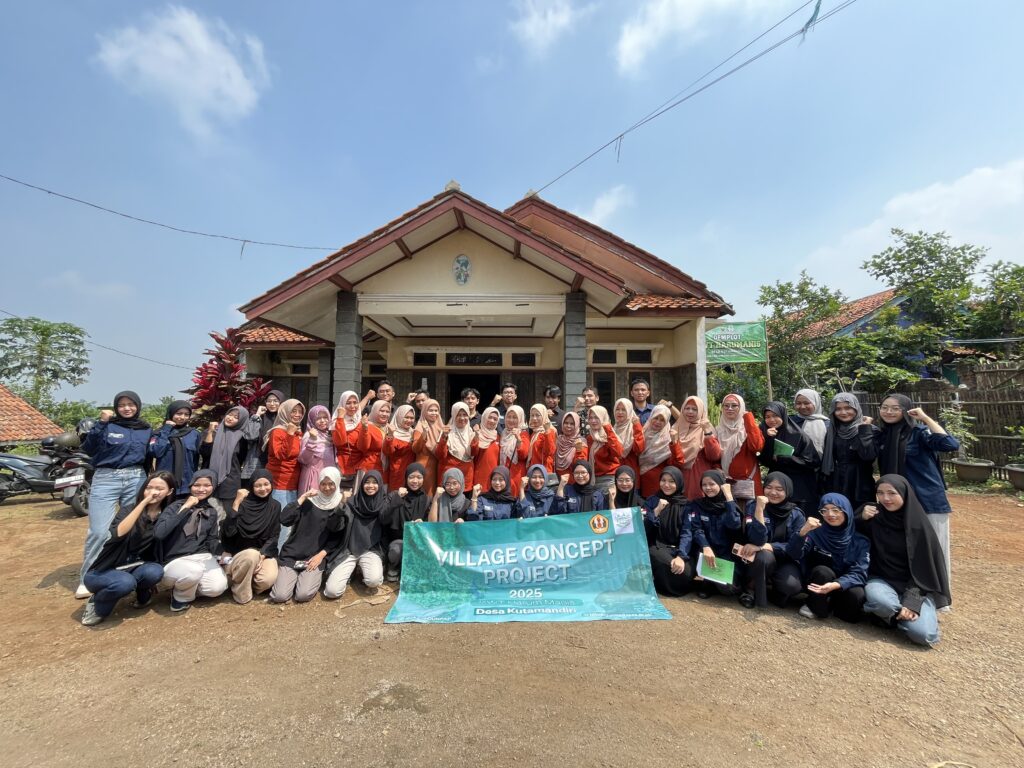
Azolla was chosen as the main focus of the activity due to its plentiful benefits as an alternative feed for farm animals, green fertilizer, and a raw material for economically valuable processed products. Because it’s easy to cultivate and rich in protein, azolla has great potential to become a sustainable agricultural innovation for groups, especially in Kutamandiri Village, Tanjungsari, Sumedang.
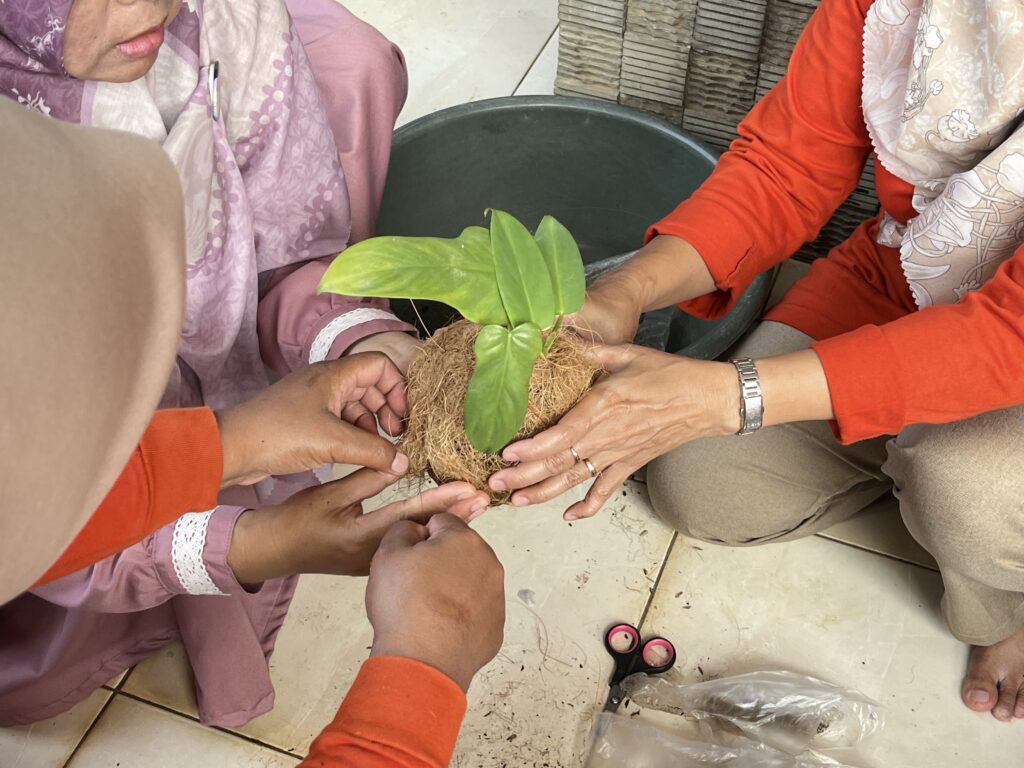
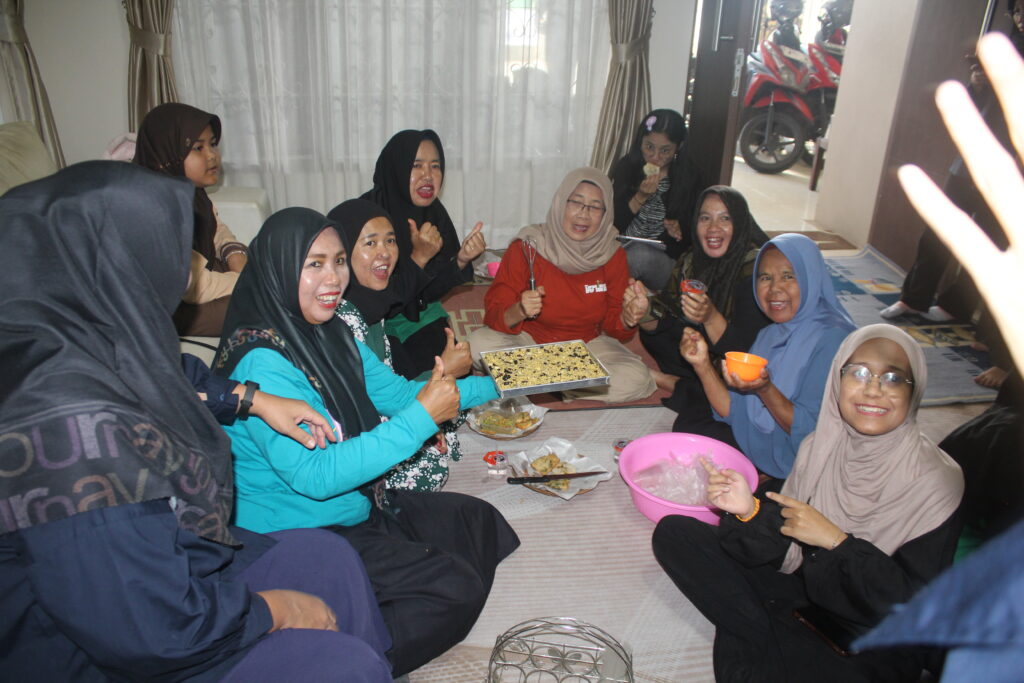
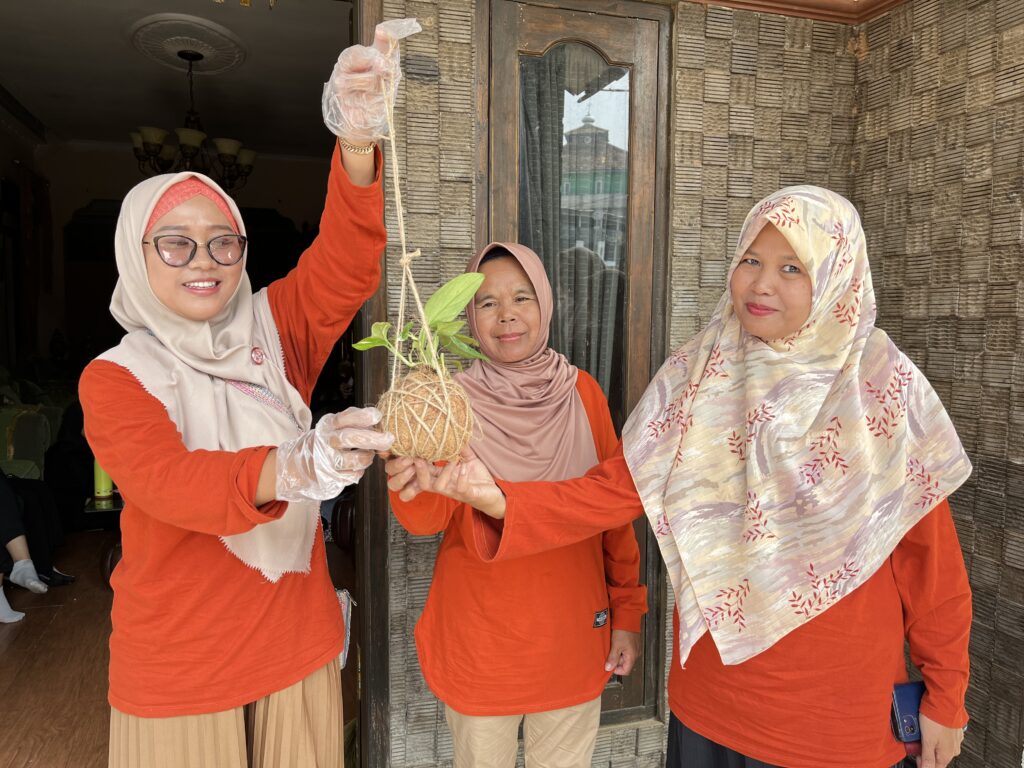
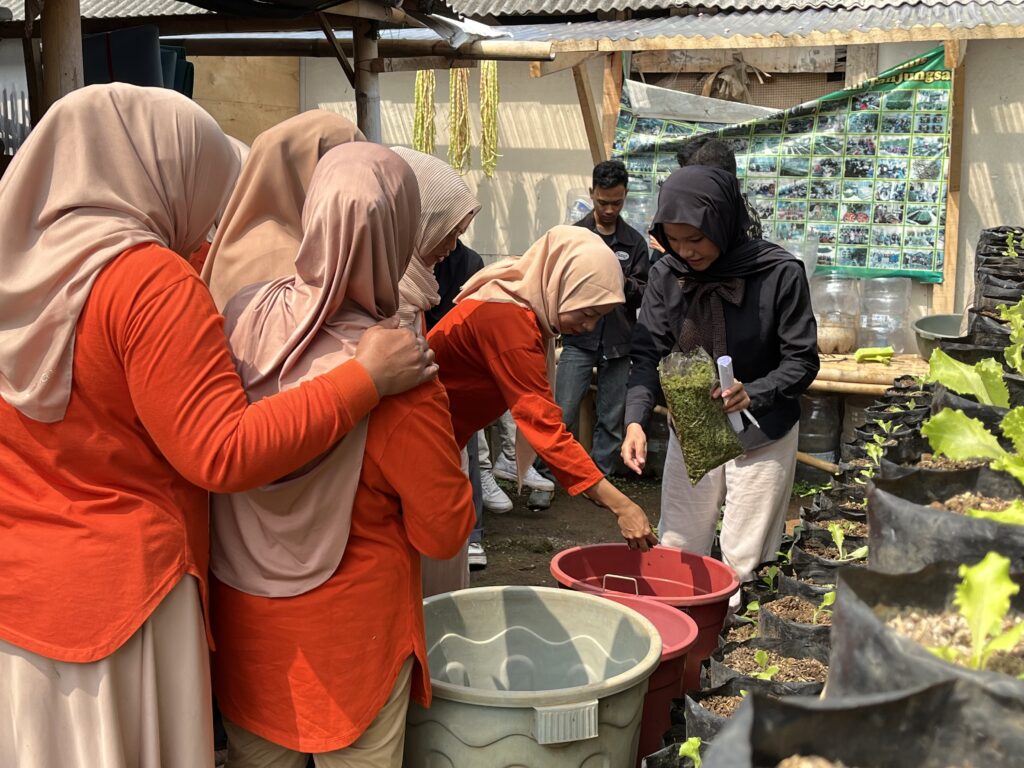
The activities began on May 10th, 2025, with a session on azolla cultivation and kokedama making. Participants not only received theoretical knowledge but also directly practiced distributing azolla seeds for effective small-scale cultivation. They also created kokedama, a creative planting medium that combines aesthetic and environmental education. On May 17th, 2025, the activities continued, focusing on processing azolla into value-added products. Participants were trained to prepare azolla-based snack bars, a healthy food innovation with promising economic potential. The process covered ingredient preparation, processing techniques, and product testing.
The final meeting on May 25th, 2025, concluded with a group discussion between the committee and the “Harum Manis” KWT to evaluate the activities and plan for their sustainability. This was followed by the sale of the azolla snack bars, marking the community’s first step in developing processed agricultural products as a new source of income. The community showed high enthusiasm throughout the activities. They saw azolla not just as a plant but also as a new business opportunity. However, participants also recognized challenges such as limited production facilities, market access, and the need for technical assistance to make the program self-sufficient and sustainable.
The VCP 2025 program successfully served as a platform for learning and a tangible collaboration between students and the community. The hope is that this activity will help create a more independent, creative, and competitive village while providing a concrete example of implementing sustainable agriculture at the local level. Thank you to each participant, speaker, and committee member for bringing your energy and dedication, making Village Concept Project 2025 an experienced and impactful event we will always cherish
